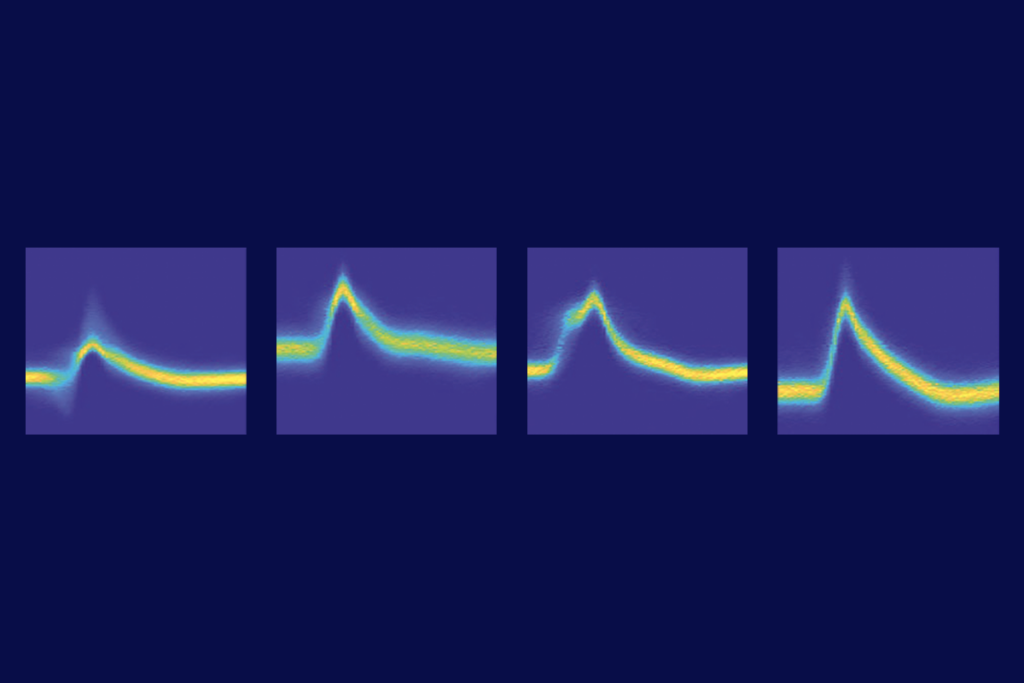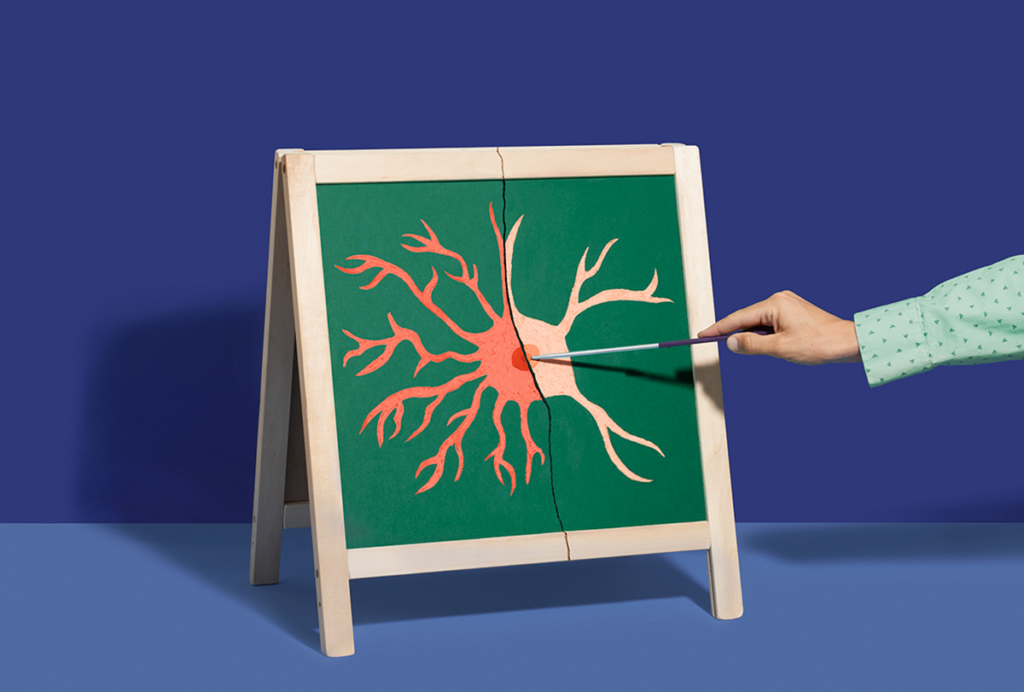Catherine Rice is a developmental psychologist, director of the Emory Autism Center, and professor of psychiatry and behavioral sciences at Emory University in Atlanta, Georgia. Rice received her undergraduate degree in psychology from Emory University and her doctorate in developmental psychology from Boston College. As director of the Emory Autism Center, she oversees multiple educational and clinical programs for toddlers through adults, with an emphasis on use of meaningful social communication and engagement in everyday life situations. She also leads the Georgia Autism Assessment Collaborative, aimed at building professional capacity for early diagnosis of autism.
Rice returned to Emory University after 14 years as a behavioral scientist and epidemiologist with the National Center on Birth Defects and Developmental Disabilities at the U.S. Centers for Disease Control and Prevention (CDC). Her work at the CDC included leading the state collaboration to determine autism prevalence and describe the population of children with the condition in multiple areas of the United States, through the Autism Developmental Disabilities Monitoring Network. She also worked with the “Learn the Signs. Act Early” initiative to improve early identification, and she led the effort to collect data on the important safety issue of wandering among people with autism and other developmental disabilities. She continues to provide expert consultation to the CDC on determining autism case status and improving developmental and autism screening in the community.
Rice serves or has served on advisory boards for Autism Speaks, the New Jersey Governor’s Council for Autism Science, the Emory Autism Center, the Atlanta Autism Consortium, the Autism Society of Georgia, the Indiana HANDS in Autism Program and the World Health Organization. She was named the Autism Society of America Professional of the Year in 2008. She is a member of the American Psychological Association, the Georgia Psychological Association, the Society for Research in Child Development and the International Society for Autism Research.



